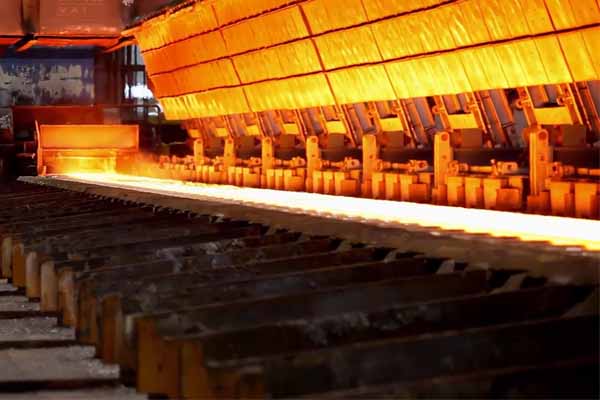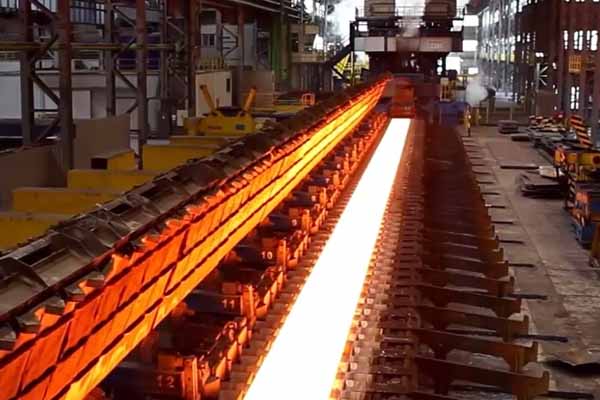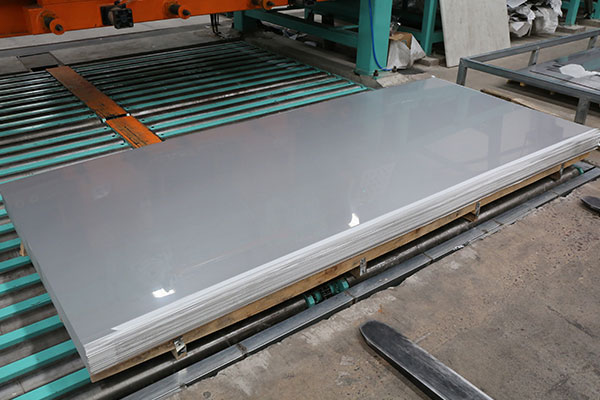Nickel Alloys: The Backbone of the Hydrogen Energy Revolution
Date:2024-10-14View:1186Tags:Ronsco, Nickel Alloy Suppliers, Nickel Alloy For Hydrogen Energy
As the world moves towards sustainable energy solutions, hydrogen energy is gaining momentum as a clean and efficient alternative to fossil fuels. A critical enabler of this hydrogen revolution is the use of nickel alloys, which offer unmatched corrosion resistance and high-temperature performance. These characteristics make nickel alloys indispensable in key hydrogen energy applications such as hydrogen fuel cells, storage tanks, and pipelines. With hydrogen energy poised to reshape industries, the role of nickel alloys in ensuring safety, efficiency, and durability is more important than ever.
One of the primary challenges in the hydrogen energy sector is the safe storage and transportation of hydrogen, which is a highly volatile and reactive gas. Nickel alloys excel in this area due to their ability to withstand extreme temperatures and resist hydrogen embrittlement—a phenomenon where metals become brittle and crack when exposed to hydrogen. This makes nickel alloys the ideal material for hydrogen storage tanks and pipelines, which require long-term stability and resistance to both internal pressure and corrosive environments. By utilizing nickel alloys, companies can ensure that hydrogen is transported and stored efficiently without risking material degradation, leaks, or failures.
In addition to their role in storage and transportation, nickel alloys are crucial in the development of hydrogen fuel cells, which are the cornerstone of hydrogen-powered vehicles and industrial applications. Nickel alloys are used in fuel cell stacks, where their high-temperature durability and catalytic properties help facilitate the electrochemical reactions necessary for generating clean energy. As hydrogen fuel cells become more widely adopted, particularly in the automotive and energy sectors, the demand for nickel alloys will rise, underscoring their importance in the future of hydrogen technology.
Looking ahead, as hydrogen energy continues to gain traction in the global energy market, the reliance on nickel alloys will only grow. These materials not only ensure the longevity and safety of hydrogen infrastructure but also play a vital role in improving energy efficiency and reducing environmental impact. With their unique combination of strength, resistance to embrittlement, and superior corrosion protection, nickel alloys are set to remain the backbone of the hydrogen energy industry for decades to come. As governments and industries push towards carbon neutrality, nickel alloys will be essential in facilitating the large-scale adoption of hydrogen as a clean and sustainable energy source.
The future of hydrogen energy depends on reliable materials that can meet the stringent demands of this evolving industry. Nickel alloys, with their proven track record in high-performance applications, are poised to lead the charge in making hydrogen a viable and long-lasting solution to the world’s energy needs.
 English
English Русский
Русский







